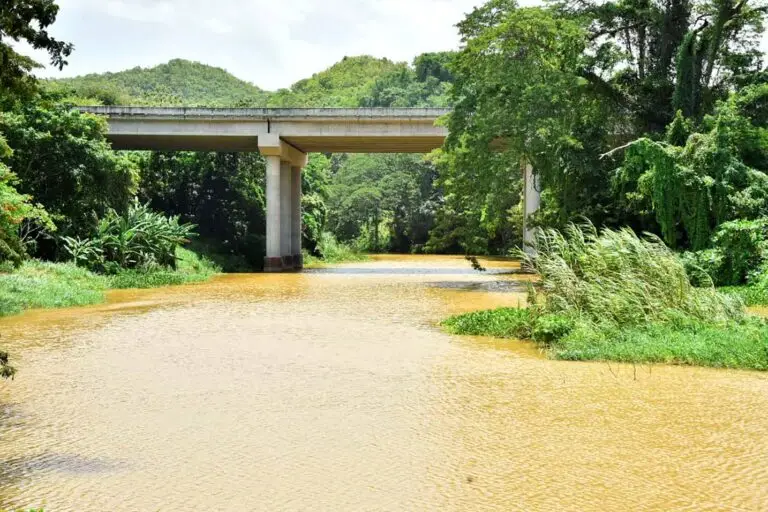A settlement agreement involving Trade Winds Citrus Limited (TWCL) and Jamaica’s environmental watchdogs has ignited a national debate about the intersection of corporate responsibility, governmental transparency, and environmental justice. The confidential agreement, brokered just before legal proceedings against TWCL were withdrawn, highlights a complex web of priorities that has left citizens and environmental advocates demanding answers.
In 2023, TWCL was at the center of controversy following an oil spill that polluted the Rio Cobre, triggering legal action from the National Environment and Planning Agency (NEPA). The case, which cited breaches of the Wild Life Protection Act, underscored the need for robust environmental oversight. Yet, in a move that has since raised eyebrows, NEPA agreed to drop the case after TWCL pledged to adopt stricter environmental practices and cooperate in sustainability efforts.
The crux of the controversy lies in the confidentiality clause within the agreement, which barred both parties from discussing the settlement or its terms publicly. This secrecy came to light amid leaks, culminating in public outrage and the resignation of NEPA Chairman Weldon Maddan.
TWCL has since touted its environmental improvements, including the cessation of heavy fuel oil usage and expanded remediation efforts. However, critics argue that the agreement effectively allowed the company to sidestep public accountability for the Rio Cobre incident.
Environmental advocates question whether a private settlement, no matter its terms, can adequately replace the deterrent effect of legal proceedings. “This sets a dangerous precedent where corporations can buy their way out of accountability,” said one activist.
Adding to the unease, Minister of Environment Matthew Samuda acknowledged the misstep, stating that the inclusion of a non-disclosure clause was unnecessary. In a bid to restore public trust, he directed NEPA to waive the NDA’s restrictions and committed to barring such clauses in future agreements.
The incident has placed a spotlight on how Jamaica balances environmental stewardship with corporate partnerships. While TWCL’s commitments to sustainability are welcome, the lack of transparency has eroded confidence in the processes meant to safeguard the island’s natural resources.
As the Rio Cobre continues its recovery, the real challenge lies in ensuring that environmental justice remains transparent and uncompromised, setting a clear standard for future cases.






